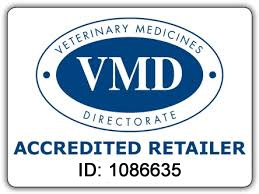Worming Advice
From Your Equestrian Experts

Both the Littlehampton store and Midhurst shop are licensed to stock and sell wormers. James Macgregor and Lynne Britton respectively are our Animal Medicines Advisors (AMTRA trained Specially Qualified Person) who will be more than happy to help you make an informed decision as to what to prescribe & when your horse or pony should be wormed. To learn more about worming horses read our paper To Worm or Not to Worm.
A better way of worming is to do regular Faecal Worm Egg Counts (FWECs) and only worm horses with a significant worm burden (‘targeted dosing’). FWECs are available at both stores. Even allowing for the extra costs of egg counts this works out cheaper for most horses as it reduces the use of wormers. It also slows the development of resistance and is better for the horse population as a whole.
Although the major threat to horses is from the small redworm horses are susceptible to other parasites and our partners at Westgate Laboratories, and Austin Davis Laboratories can also test for Lungworm, Liver fluke, Pinworm, and Tapeworm. Just ask in store for details and our staff will provide the correct test kit for your needs.
Mares and Foals, Young horses and older ones are a vulnerable group and are termed High Risk. Please let our staff know if your horse is High Risk when taking a Faecal Egg Count so that we can prescribe effectively.
We also offer a small selection of Cat & Dog wormer’s too, including; Drontal, Fiproclear and Frontline!
